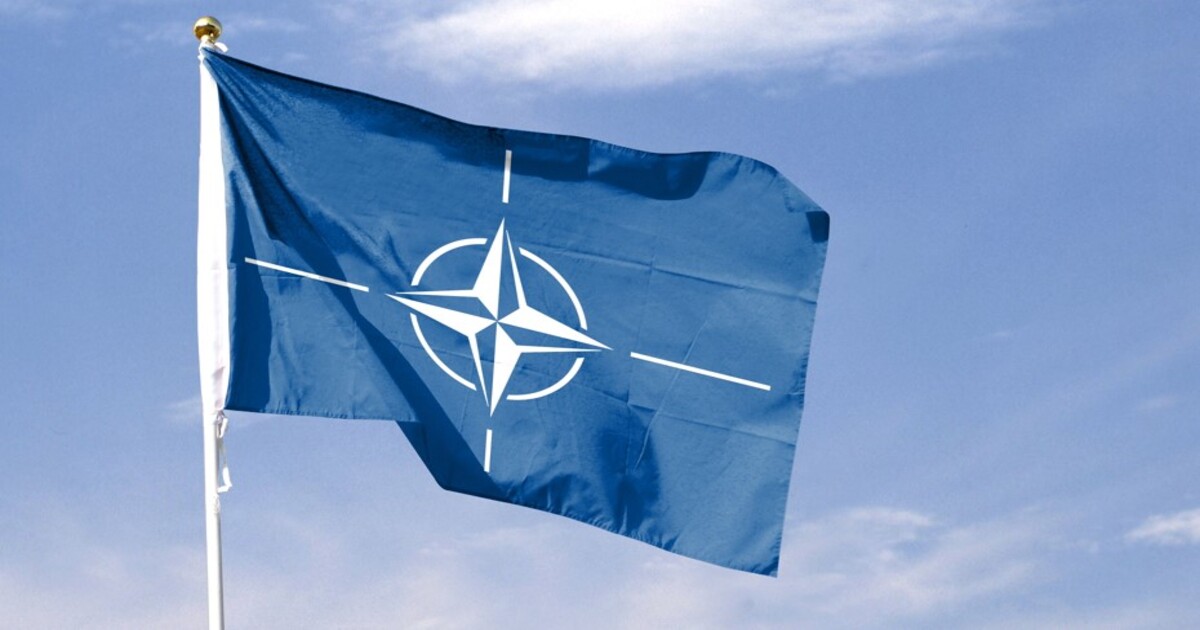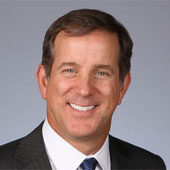Creating the Perfect Storm, Again
How have mismatched expectations led to the current rift in transatlantic relations?
May 16, 2003
In 2002, very different expectations exploded like lightning across the Atlantic — and left the transatlantic relationship in tatters. Now that the storm has subsided, the two sides look toward brighter days. Or so one would hope.
Instead, Europe and America are once again starting to formulate another set of dangerous and conflicting expectations — a lightning rod sure to attract another polarizing and destructive charge.
In Europe, a number of politicians and policymakers were hopeful in the days following the terrorist attacks of September 11 that the Bush Administration would finally reverse what they perceived to be an ill-advised and unilateralist direction in U.S. foreign policy.
With an overwhelming task such as building the global coalition against terrorism ahead of it, European thinking went, the Bush Administration would have to reconsider its knee-jerk aversion to international treaties.
Many in Europe — particularly Germans — were expecting nothing short of a new global common agenda that would require a full U.S. commitment to the cause of multilateralism.
Meanwhile, U.S. officials also anticipated shifts on the other side of the Atlantic after September 11, 2001.
The United States assumed that this tragic day would bring a new sense of urgency to EU plans to expand and modernize European defense capabilities under the European Security and Defense Policy.
More importantly (at least in American eyes), Europeans would begin to recognize the grave threat that weapons of mass destruction and rogue states posed to international security. That recognition would finally close a long-standing gap in threat perceptions across the Atlantic.
In hindsight, it is painfully obvious that these two completely different sets of expectations were headed for a clash.
But at the time, Europeans were shocked to learn that the Bush Administration had no intention of reverting to treaties and international law at a time when the country was at war.
Similarly, as the Iraq debate got underway in the summer of 2002, U.S. policymakers were astonished to discover that Europeans remained unconvinced that Iraq posed a clear and present danger.
Such rude awakenings were painful and resulted in months of public bickering, a heavy exchange of insults, the institutional hollowing out of the UN, NATO and the EU — and the greatest transatlantic rift the two sides had seen in 50 years. No one could have predicted this kind of carnage.
On the surface, the worst seems to be behind us. Now that the fighting in Iraq has come to a halt, the two sides are busy trying to pick up the pieces.
Phone calls between heads of state have occurred, transatlantic trips are being planned — and European and American think tanks are hosting a plethora of events heralding the value and virtues of the transatlantic relationship.
A closer examination of the rhetoric, though, shows the two sides of the Atlantic setting the stage for another perfect storm.
The United States of America — in its post-Iraq, self-congratulatory high — is quite confident that the footage of Iraqis dancing in the streets has made Europeans question, and perhaps even regret, their stance on the war.
The Europeans have now witnessed the value of preventive war, the thinking in the White House goes. So what if we haven't found weapons of mass destruction? Ding, dong, the witch is dead.
But Europeans aren't sitting in their sidewalk cafes, toasting to the success of the war in Iraq. In their minds and on their television screens, what they see is a replay of footage showing looting and chaos in the streets of Baghdad.
Fortified by the evidence provided by those images, they are assuming that even war-hungry Americans are beginning to question — and possibly regret — their strategy of preemption.
Now that they are facing the complex challenges of nation-building, Europeans say to themselves, the neocons in the United States will think twice before turning to military action.
Just like the months following September 11, though, these two sets of assumptions are destined to lead to grave disappointment — and another wave of intense transatlantic tension.
Before they create the conditions for another perfect storm, Europeans and Americans must break the habit of making assumptions based on their own wish lists.
America, at least under this Administration, is not going to allow itself to be tied down by international treaties if it feels its security is in jeopardy.
And Europe, at least in its present form, is not going to develop a defense capability that rivals that of the United States so it can start fighting preventive wars on the global stage.
The sooner each side accepts those realities, the sooner the two sides can start building a viable common agenda that will bring them out of the rain.
Read previous

NATO: Mending Fences
May 15, 2003
